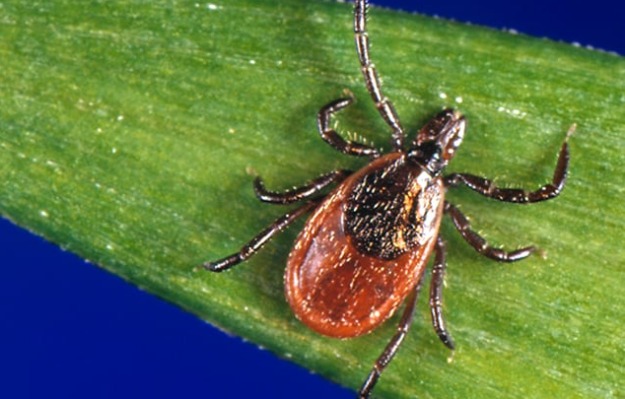“New Bedford and Dartmouth – Two Compost Bin Days are coming up on Saturday, April 6, and June 15, 2024.
Compost Bin Days are open to New Bedford and Dartmouth residents and are organized by the Greater New Bedford Regional Refuse Management District.
The events are held from 8:00 to 10:45 a.m. at the Crapo Hill Landfill, 300 Samuel Barnet Blvd., New Bedford. Enter through the New Bedford Business Park.
New Bedford and Dartmouth residents who purchase, or previously purchased, a backyard compost bin can choose from two types of kitchen counter bins to help compost at home. Collect food waste such as banana peels and apple cores in your kitchen counter bin. When full, empty it into your backyard compost bin.
The two options are:
• 2-gallon plastic Sure-Close kitchen counter bin, FREE.
• 1-gallon stainless steel kitchen counter bin, available for purchase for $30.28 each (including tax). Cash, check, or money order only.
Kitchen counter bins are only available on special Compost Bin Days and while supplies last.
The Refuse District offers two types of backyard compost bins. The Earth Machine and the New Age Composter are available at the discounted rate of $25 each (including tax). Cash, check, or money order only. Proof of residency required. The cost of each backyard compost bin is being subsidized by the two communities to encourage backyard composting.
“Food waste makes up approximately 20% of the waste that residents generate in their homes. Composting fruit and vegetable scraps saves space in your trash bags and the landfill, while providing nutrient rich material for gardening,” notes Marissa Perez-Dormitzer, Waste Reduction Manager.
Benefits of composting include:
• materials such as fruit and vegetable scraps, coffee grounds, eggshells, leaves, grass, hay, and twigs placed in a compost bin turn into free compost (that you do not have to buy in a plastic bag).
• returns nutrients to the soil to grow nutritious food, and healthy plants, flowers, and shrubs.
• reduces greenhouse gases such as methane.
• reduces trash and reduces plastic bag use – material that was going in your trash now becomes nutrient-rich soil amendment.
Which backyard compost bin is best for you?
The Earth Machine:
• 80-gallon capacity, great for smaller families, gardens, or yards.
• Made of rigid recycled plastic – twist lid to lock, unlock, and allow for ventilation.
• Comes with two halves for the body, a lid, and a perforated base plate. Easy to assemble in a few steps.
• The sliding door at the base allows for compost removal. Or the entire bin can be picked up to harvest the finished compost at the bottom.
• Rodent prevention: keep meat, bones, fats, oil & dairy out of the bin. Comes with a perforated base plate that helps keep rodents out.
• Add water to keep the contents as damp as a wrung-out sponge (leftover cooking water can be used). It is possible to drill holes in the lid and body to allow in rainwater.
The New Age Composter (made in New Bedford):
• Capacity up to 180-gallons, great for larger families, bigger gardens, yards with more leaves.
• Made of flexible recycled plastic so the diameter can be adjusted during setup.
• Cone-shaped base continually aerates contents from below, turning is not necessary.
• Comes with the body, a base, a lid, and clips to hold it together. Easy to assemble in a few steps. Video with instructions for assembly: https://youtu.be/08qDLLv1Hgc
• To access the finished compost, push aside fresh material on top and shovel out compost underneath. Or pick up the entire bin to access the finished compost. Using 2 or 3 bins in rotation makes harvesting compost easy from the oldest bin.
• Rodent prevention: keep meat, bones, fats, oil & dairy out of the bin. The sides and bottom cone may be secured to the ground with stakes to keep rodents out.
Holes in the lid allow rainwater in. During dry spells, add water to keep contents as damp as a wrung-out sponge.
If you have questions about how to compost, visit http://gnbrrmdistrict.org/about-us/ or contact the Greater New Bedford Regional Refuse Management District by phone at (508) 979-1493 or by email at Marissa@gnbrrmdistrict.org. For additional tips, visit the New Bedford Recycling or the Dartmouth Recycling Facebook page or follow New Bedford Recycling on Instagram and Nextdoor or @NBRecycling on Twitter/X.”
 New Bedford Guide Your Guide to New Bedford and South Coast, MA
New Bedford Guide Your Guide to New Bedford and South Coast, MA









